In recent years, Yen Lap district has identified vocational training for rural workers, especially ethnic minority workers, as an important solution in poverty reduction, contributing to economic development, improving and enhancing living standards.
The commercial wild boar farming model of Ms. Le Thi Huyen's family, Vong area, Phuc Khanh commune, Yen Lap district, is highly economically efficient.
Yen Lap is a mountainous district with 17 administrative units and a population of over 97,500 people, of which over 80% are ethnic minorities. Since the beginning of the year, the district has performed well in state management of vocational training and education. Accordingly, the district has coordinated with functional units to open 3 vocational training classes for 105 rural workers, focusing mainly on agricultural and non-agricultural occupations such as: Raising and preventing diseases for pigs and chickens; repairing agricultural machinery in the communes of Xuan An, My Luong, Luong Son; recruiting and completing records of 6 classes for 210 vocational training students under the National Target Program for Ethnic Minorities and Mountainous Areas; continuing vocational training under the joint program of 13 intermediate and university classes for 364 students.
According to statistics and monitoring, 85% of graduates are consulted, introduced, guided and have access to markets through job exchanges. Many students have opened local services to serve the needs of the people such as: mechanical workshops, machinery repair shops, sewing workshops, etc.
As one of the households that escaped poverty thanks to knowledge from local agricultural training classes, Ms. Le Thi Huyen, in Vong area, Phuc Khanh commune, has now stably raised and expanded her farming scale to more than 100 wild boars. Ms. Huyen shared: “Thanks to the guidance, attention and support in knowledge and skills on pig care, disease prevention and treatment, and many years of experience accumulated from practice, my family has successfully raised wild boars, providing clean food for traders in and outside the district. Currently, wild boars cost around 130-140 VND/kg, twice as much as regular commercial pigs. On average, my family sells about 100 pigs per year, earning over 200 million VND.”
In addition to vocational training activities, in recent times, the district has actively implemented job counseling, recruitment, and career orientation activities for ethnic minority people. The district has coordinated with the Provincial Center for Employment Services - Vocational Education to organize transaction sessions and job fairs. Through these programs, thousands of workers and young people have been supported to access labor market information to choose suitable jobs and have stable jobs afterwards. In addition, connection activities have created conditions for businesses and units licensed to send Vietnamese workers to work abroad according to regulations... bringing opportunities for young people, students, and young workers in the area who are in need to access.
Thanks to the focus on implementing vocational training policies for rural workers and ethnic minorities, thousands of workers in villages and hamlets in the district have been trained in many occupations that meet the practical needs of the locality as well as the people. Comrade Dinh Cong Thuong - Head of the District Department of Labor, War Invalids and Social Affairs said: Currently, the district has about 58,000 people of working age, accounting for 60% of the total population. In the first 9 months of 2024, the district had nearly 500 more people with jobs, raising the rate of workers with stable jobs to 85%. In addition, the rate of trained and vocationally transferred workers in the district reached 67%, of which trained workers with vocational certificates of 3 months or more reached 31%.
In the coming time, the district will continue to implement many measures to shift the labor structure, create jobs, increase income, and sustainably reduce poverty for people in general and ethnic minorities in particular; proactively coordinate with communes and towns to survey and investigate the quality of human resources and vocational training needs of rural labor forces; develop vocational training plans according to the needs of workers and the labor market; effectively implement policies to encourage and support vocational training for rural workers and ethnic minority workers; coordinate with vocational schools to improve the quality and effectiveness of vocational training associated with job creation and increased income for workers.
Ha Nhung
Source: https://baophutho.vn/dao-tao-nghe-cho-dong-bao-dan-toc-thieu-so-222606.htm



![[Photo] National Assembly Chairman Tran Thanh Man meets with Ethiopian Prime Minister Abiy Ahmed Ali](https://vstatic.vietnam.vn/vietnam/resource/IMAGE/2025/4/16/c196dbc1755d46e4ae7b506c5c15be55)
![[Photo] Many practical activities of the 9th Vietnam-China border defense friendship exchange](https://vstatic.vietnam.vn/vietnam/resource/IMAGE/2025/4/16/3016ed3ef51049219574230056ddb741)
![[Photo] Opening of the 4th Summit of the Partnership for Green Growth and the Global Goals](https://vstatic.vietnam.vn/vietnam/resource/IMAGE/2025/4/16/488550ff07ce4cd9b68a2a9572a6e035)
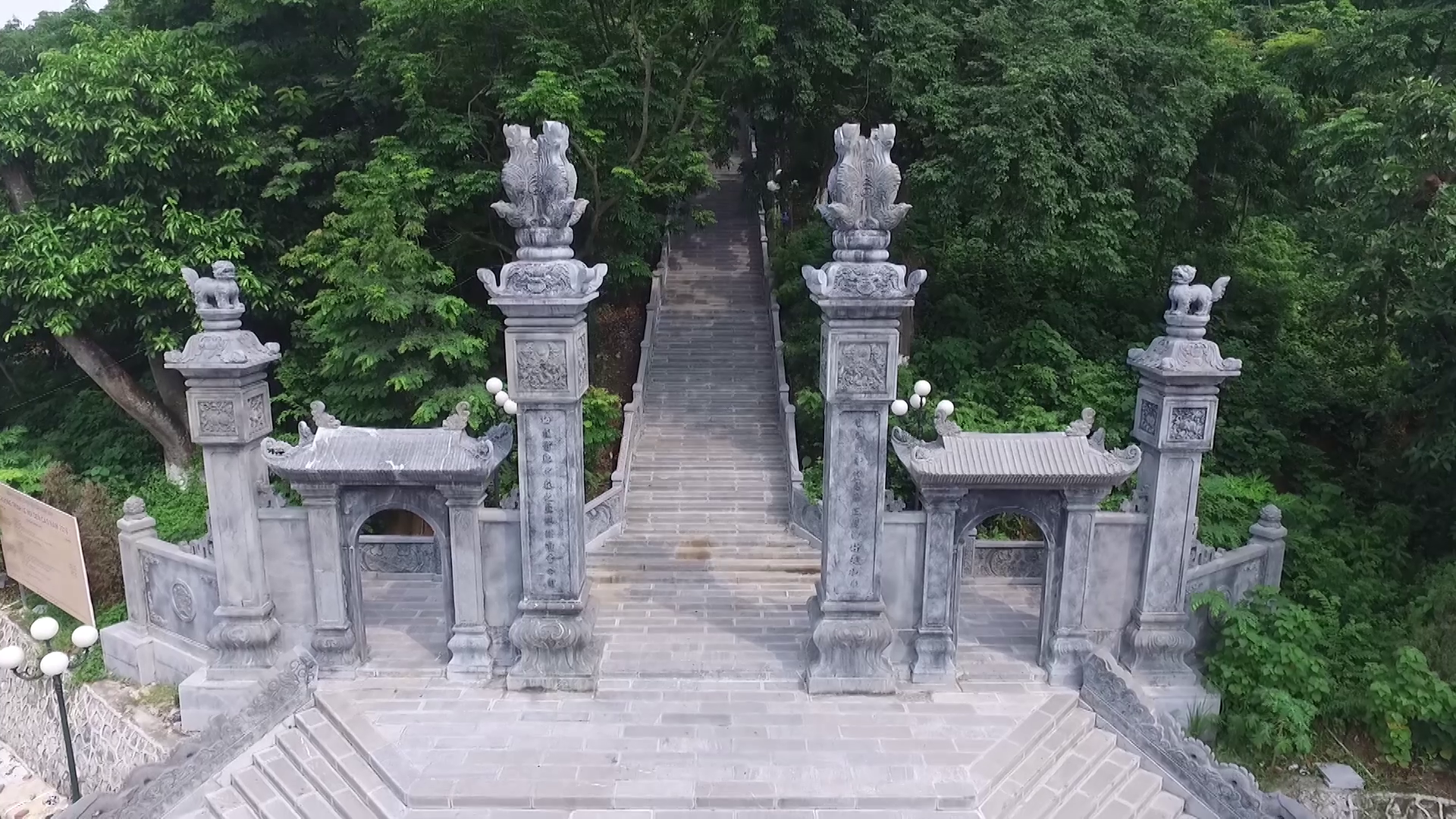
![[Photo] President Luong Cuong receives Ethiopian Prime Minister Abiy Ahmed Ali](https://vstatic.vietnam.vn/vietnam/resource/IMAGE/2025/4/16/504685cac833417284c88a786739119c)




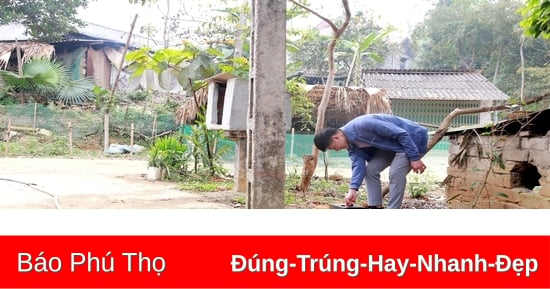
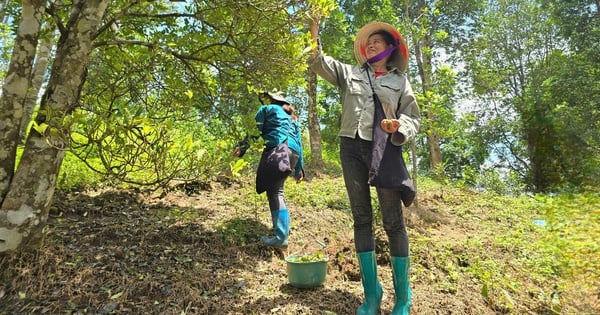

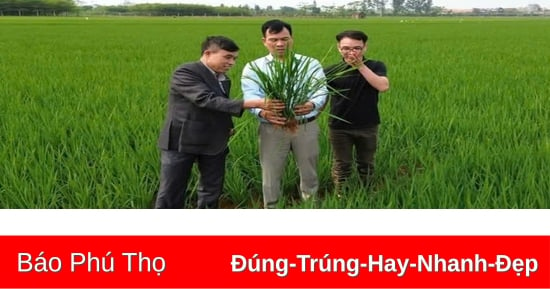
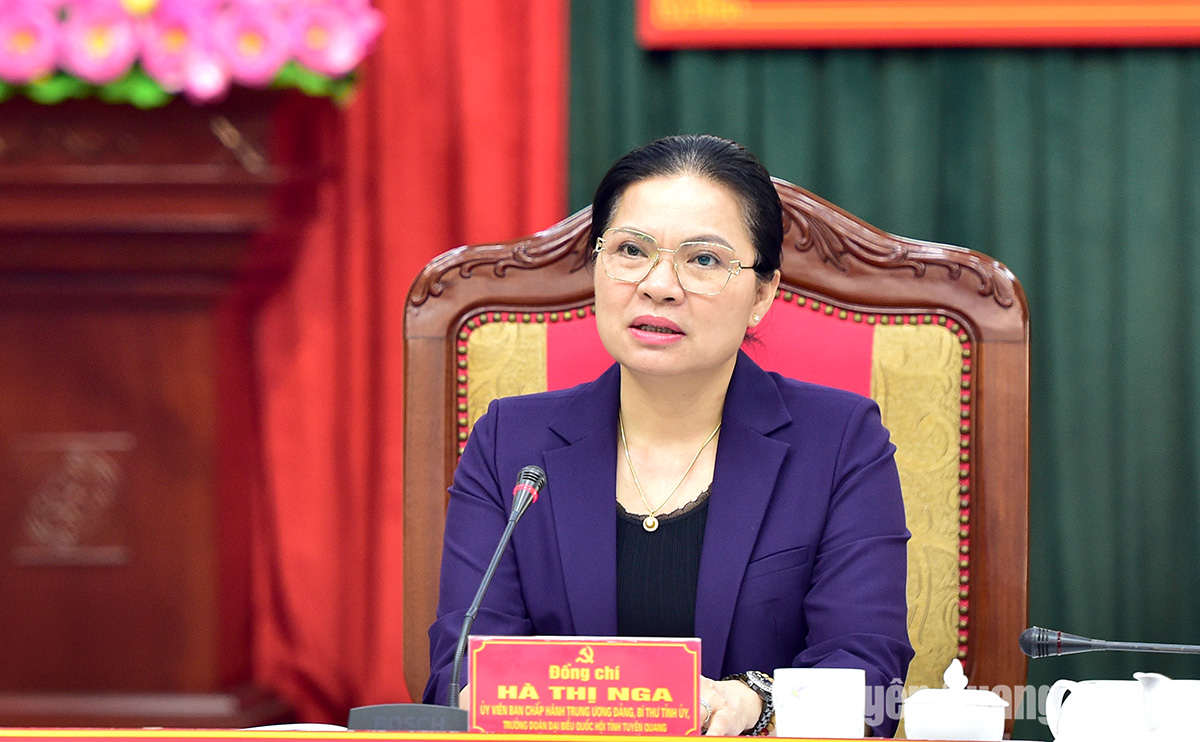










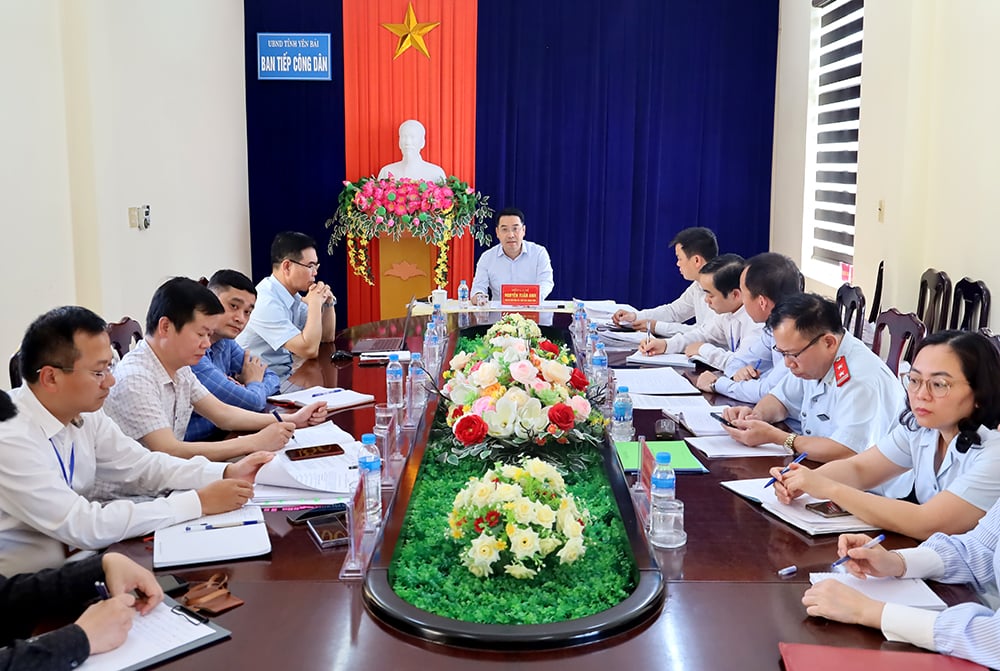

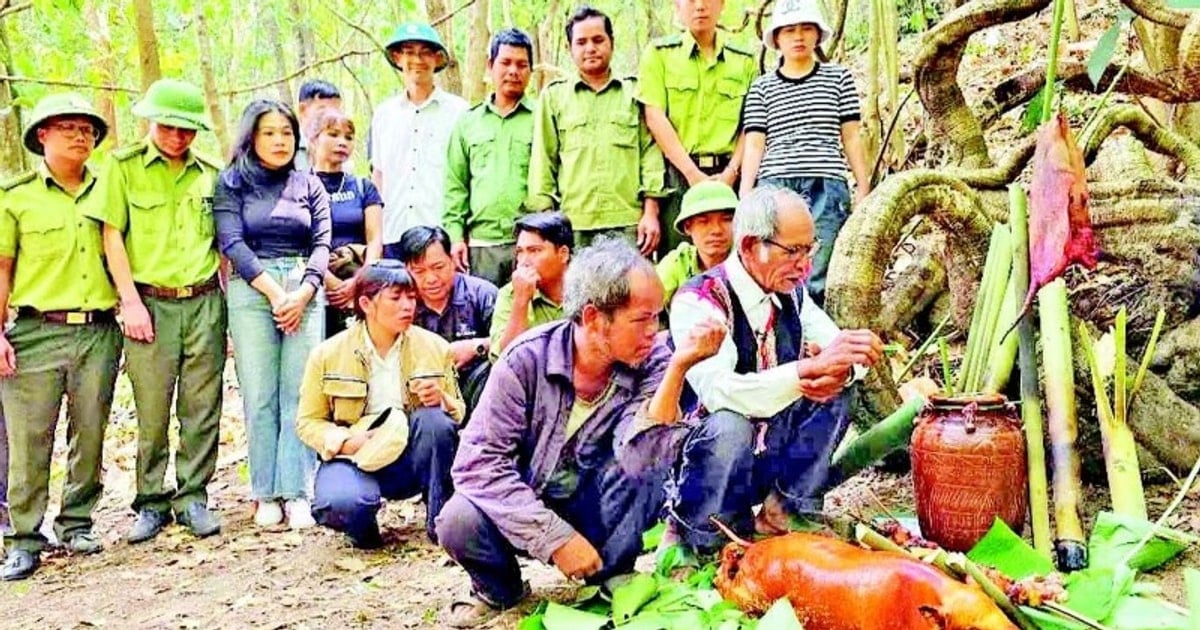

![[Photo] President Luong Cuong meets 100 typical examples of the Deeds of Kindness Program](https://vstatic.vietnam.vn/vietnam/resource/IMAGE/2025/4/16/ce8300edfa7e4afbb3d6da8f2172d580)













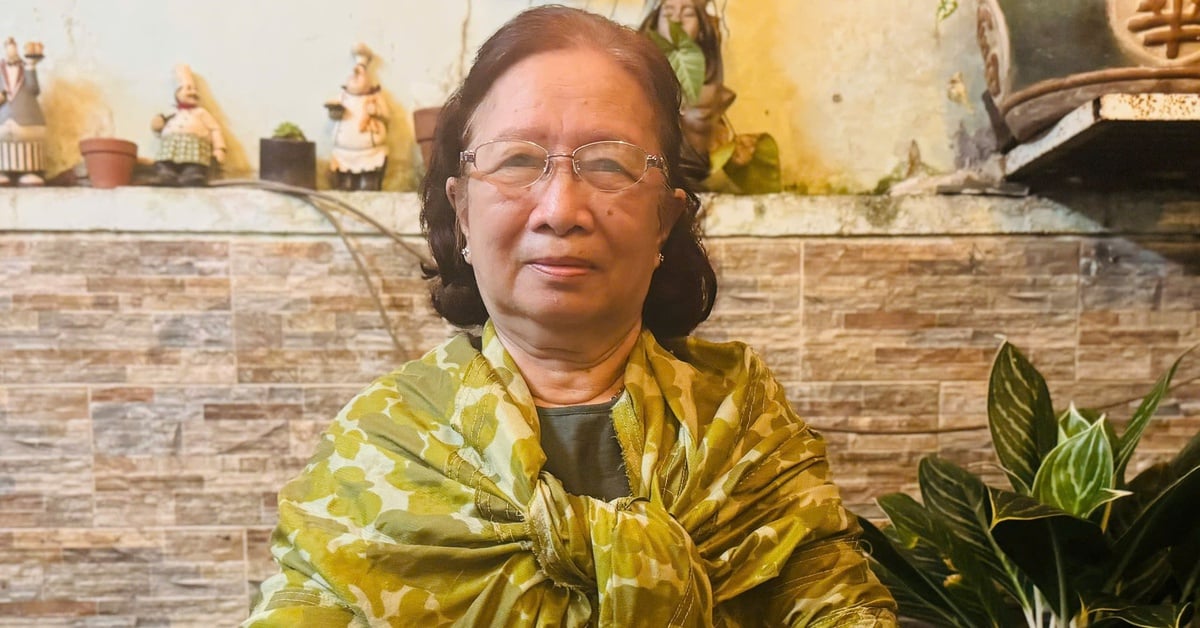

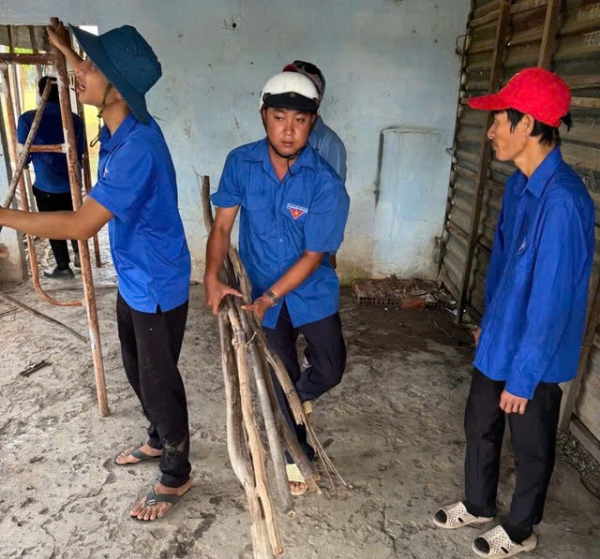

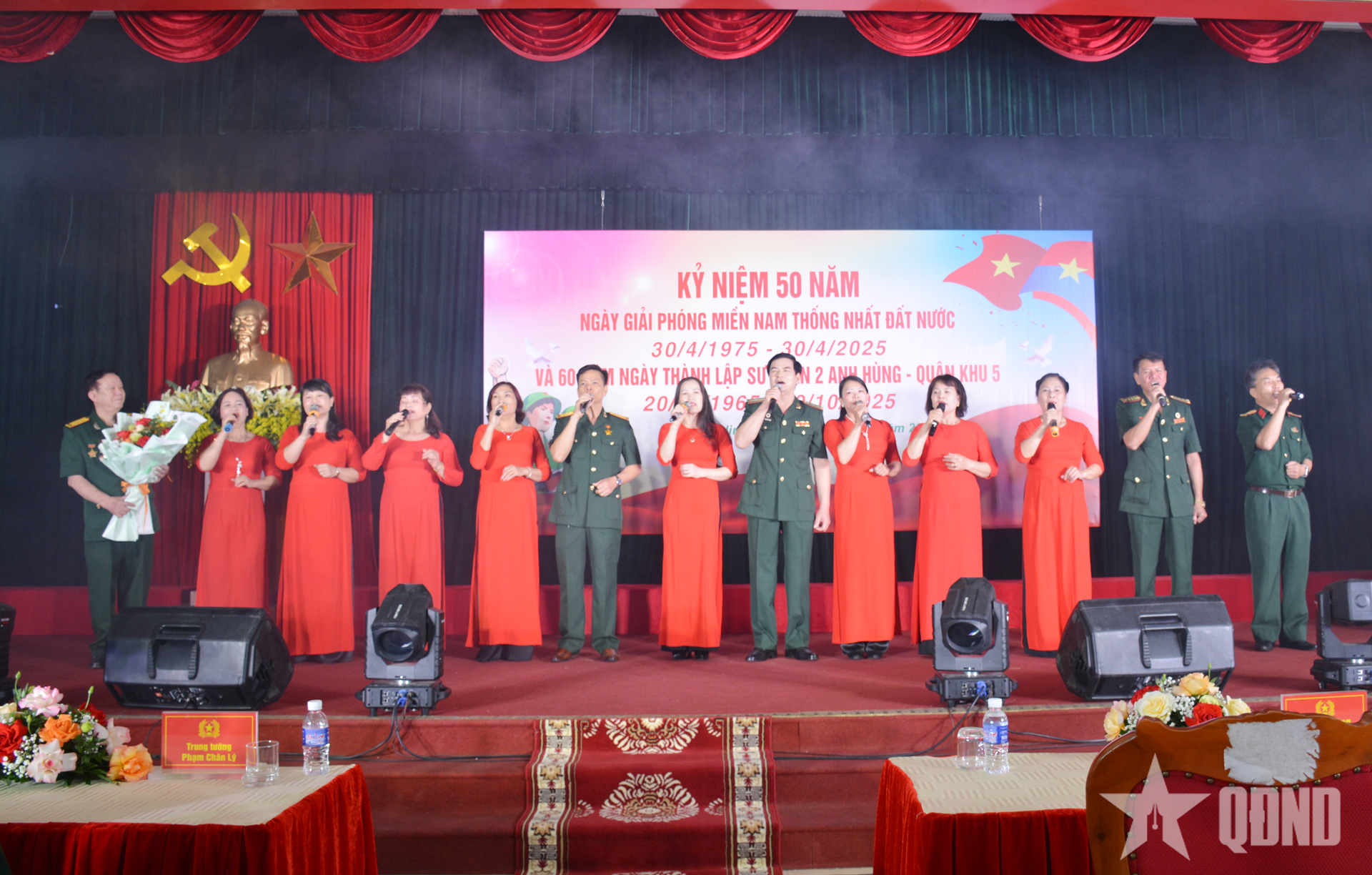


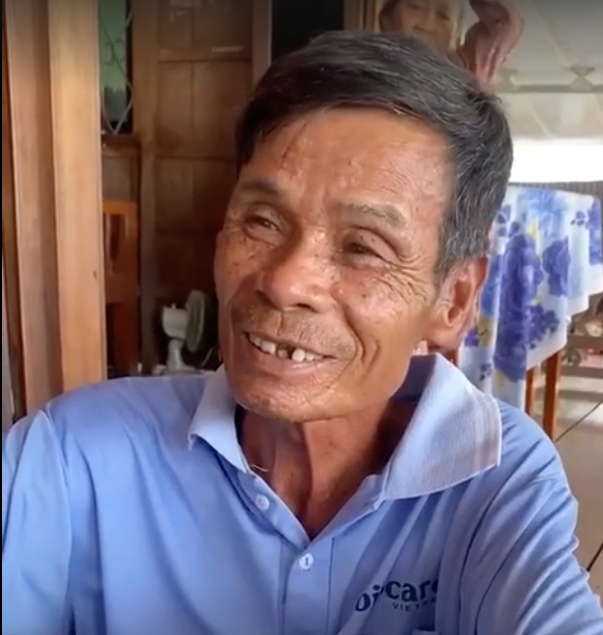










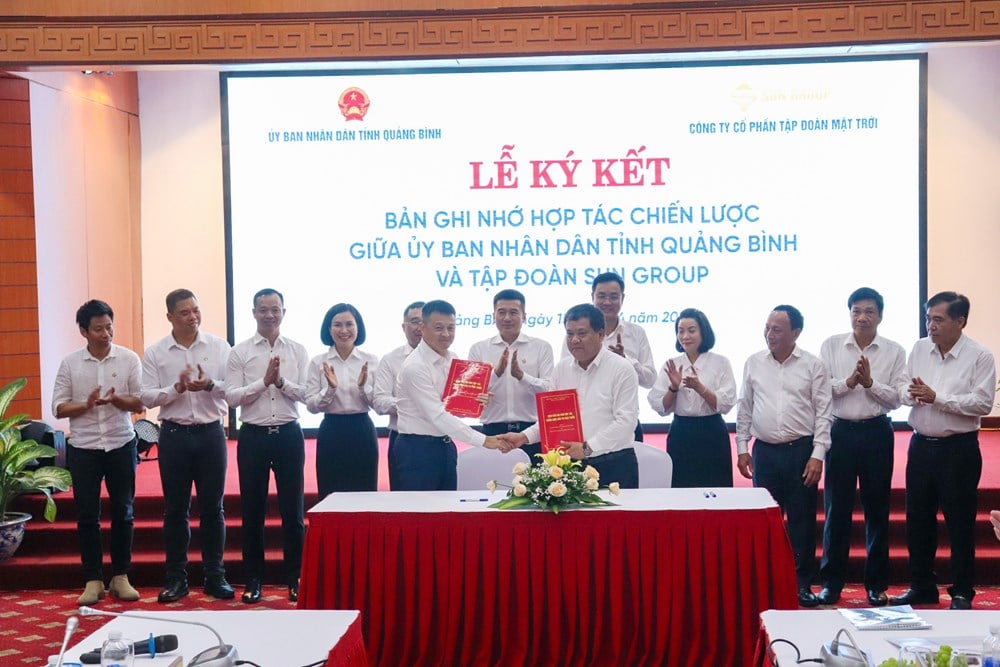




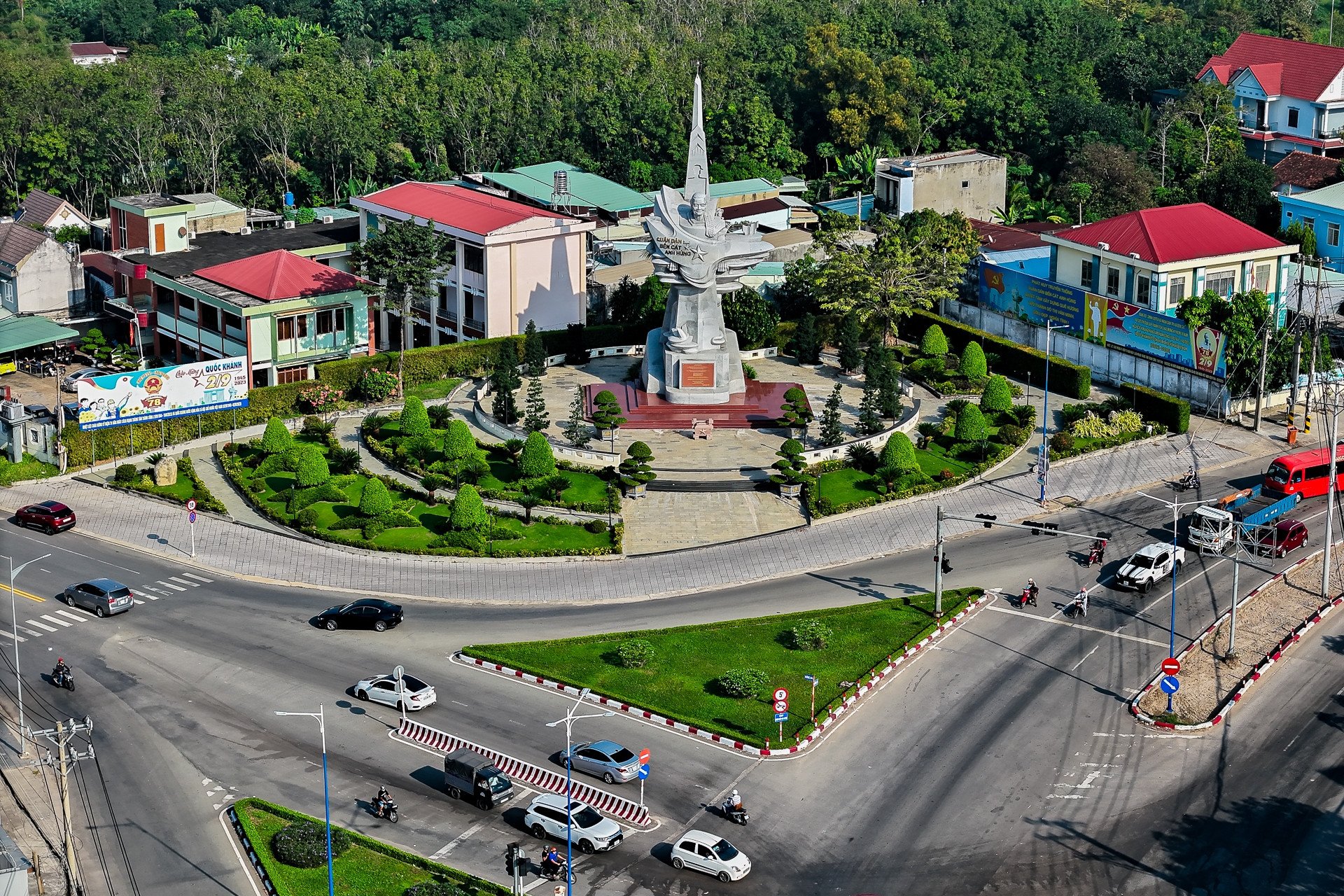

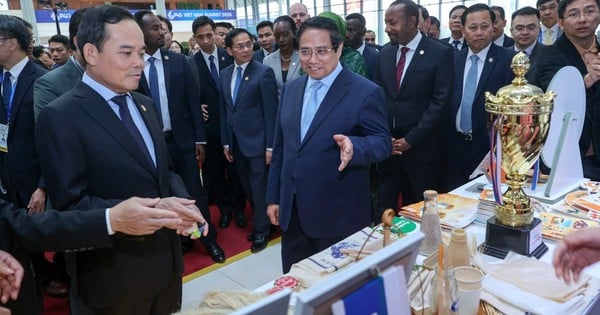






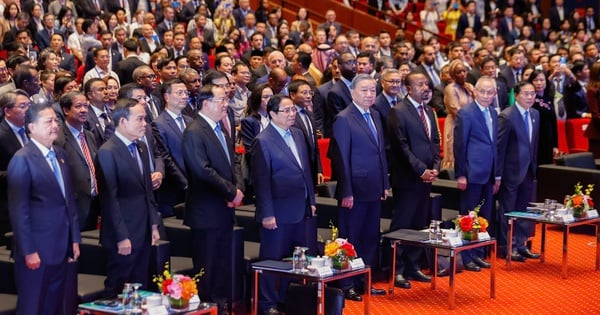
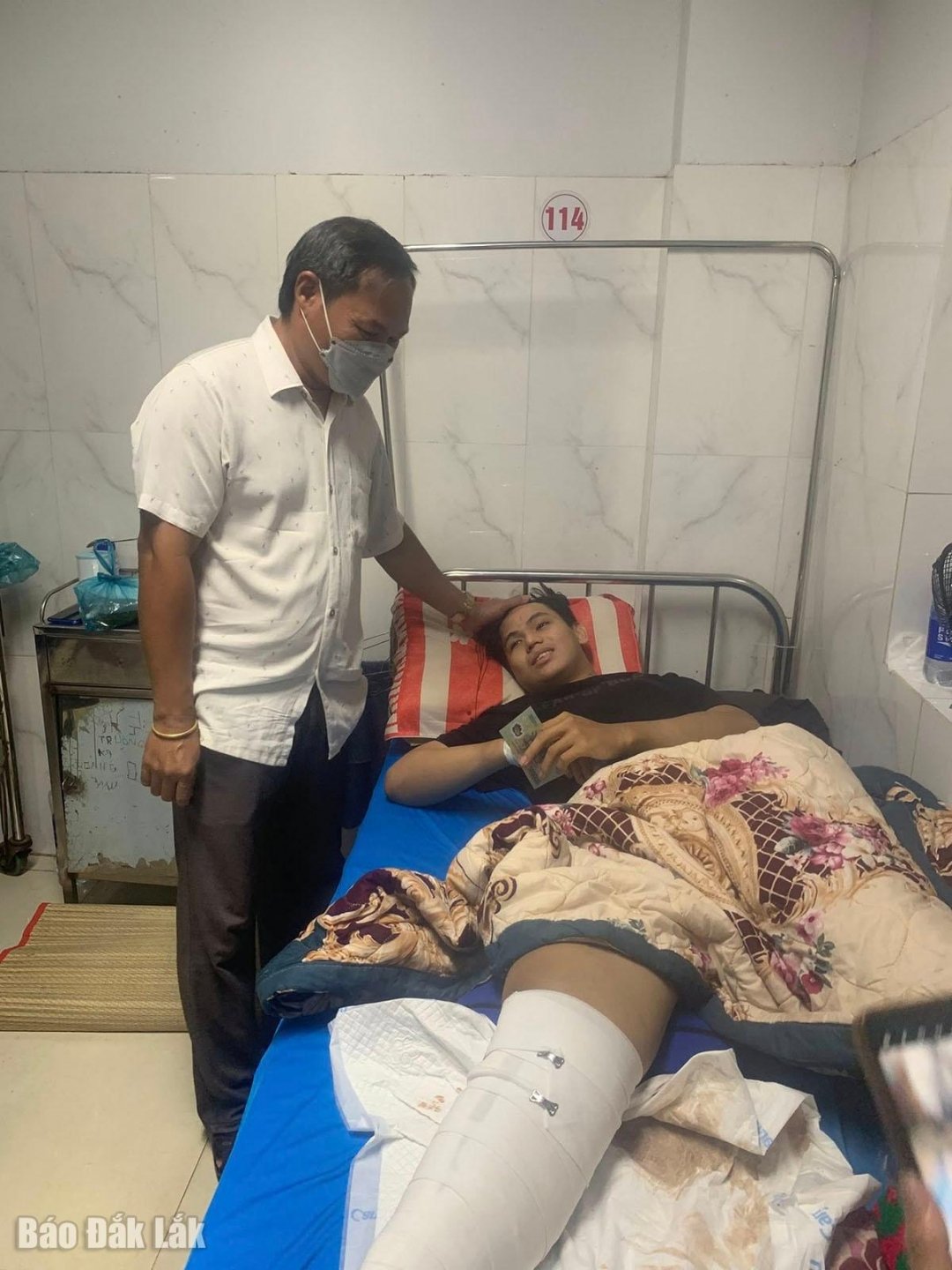



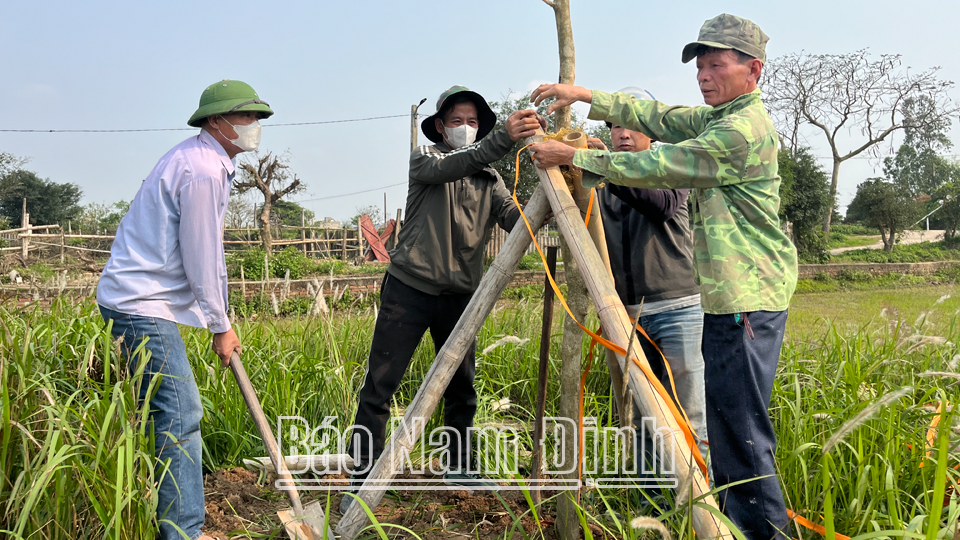

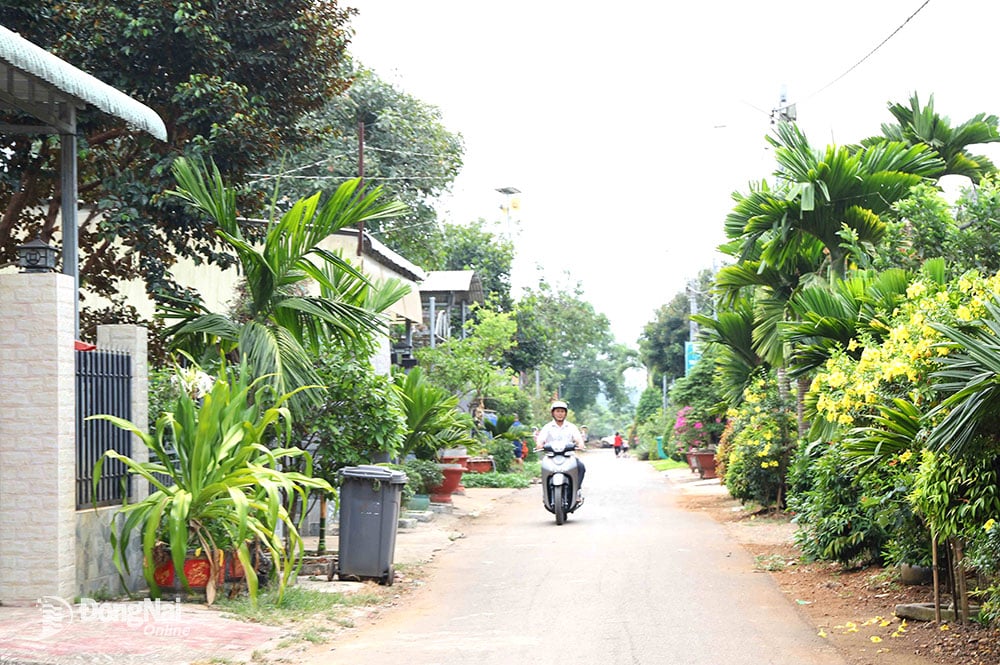

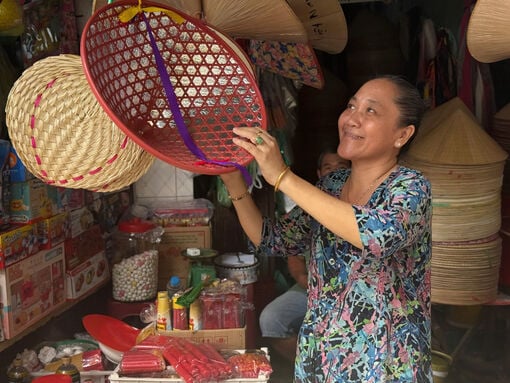





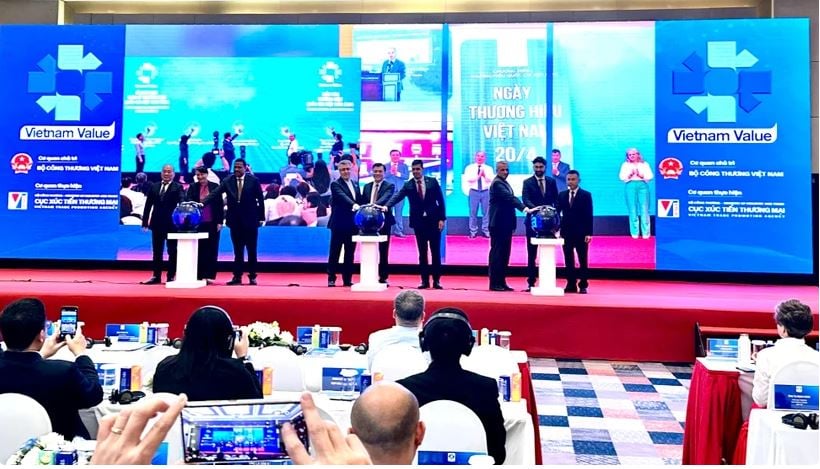


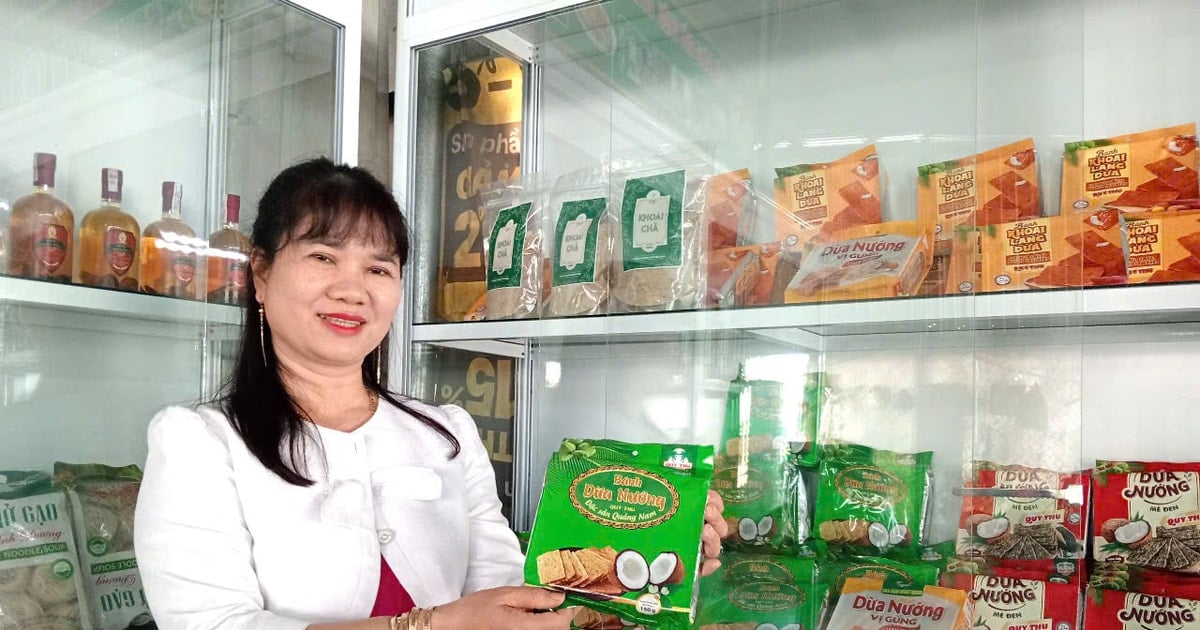




Comment (0)